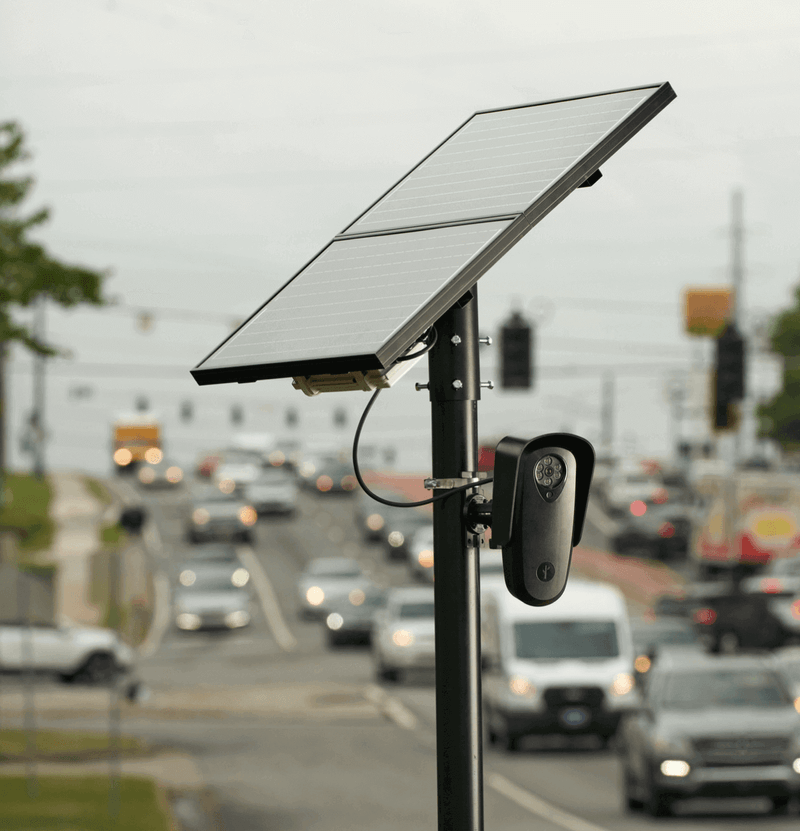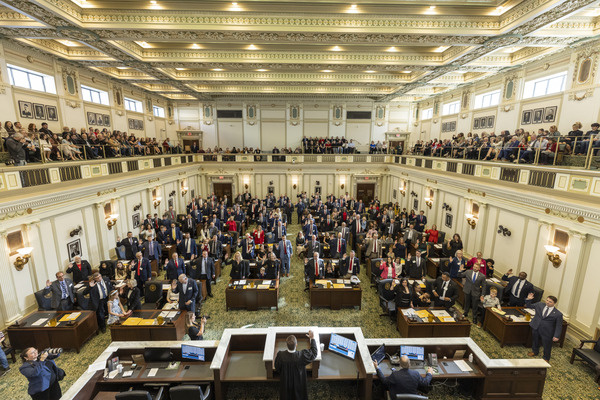Electronic Voting Fails at State Republican Convention
By Steve Byas
The great English philosopher G.K. Chesterton said that before one takes a fence down, one must find out why the fence was put up. Certainly, change is sometimes good, but sometimes it is not.Electronic voting is a bad idea whose time should never come.
The recent debacle at the 2021 Republican State Convention demonstrated that rather powerfully. The powers that be in the Oklahoma Republican Party decided that we should do our voting, not by the old tried and true method of voting by counties – by paper ballots – then announcing it in a process that takes only a minimal length of time, but rather we should vote through a link provided in an email that we received on our smart phones, tablet, or laptop computer.
In fact, before the convention, I received an email from the state Republican Party insisting, “there are certain things that HAVE to change.”
Any time someone tells you that some things just HAVE to change is attempting to convince you that resistance is futile. The burden of proof is on the person who wants to make the change. There must be something more substantive than “certain things that HAVE to change.”
What happened at the 2021 Republican State Convention is a perfect example of trying to bully through a change that is not called for. As it turns out, the effort to vote from an email on our smart phones, received from the party officials at the convention, fell flat on its face. I actually got my email at the convention, but could not vote until everyone else had received their email – which never happened. The couple sitting to my left perfectly illustrated the situation. He received an email, but his wife did not. The man to my right got his, but a line longer than one might see on Black Friday at Walmart, made up of delegates who likewise received no such email, indicated that the whole idea had flopped – thankfully. Meanwhile, the outgoing state chairman droned on and on with a talk obviously intended to fill the time until everyone got their special email.
Finally, mercifully, Pam Pollard, who used to chair the state party made a motion that we use paper ballots – paper ballots that had been prepared by someone who had anticipated possible problems. Once that motion carried, we elected a new state chairman in short order.
What led up to the failed effort at electronic voting was pretty disgraceful. After former State Representative Mike Reynolds courageously attempted to amend the proposed convention rules so as to strike the electronic voting, officials at the podium argued for keeping the electronic voting procedure in the rules. They argued that they had already paid for the program, and that voting via the Internet would speed things up.
The convention chairman, a state senator I have greatly admired, even argued that the Legislature uses an “electronic device.” I found this argument particularly insulting to my intelligence. Legislator’s votes are public information. Delegates historically have voted by a secret paper ballot. A legislator sitting on the floor of his chamber can look up at the screen and immediately see if his vote has been recorded correctly. If it has not been recorded correctly, he can object right then. With this Internet voting at the convention, there is no way to know if our votes were recorded accurately.
I have no reason to think the state chairman is dishonest. That is not the point. As former President Ronald Reagan said, “Trust but verify.” To paraphrase Thomas Jefferson, “Let us hear no mor about confidence in man.” I don’t care if Mother Teresa was counting the votes, we need to have confidence that the votes were counted correctly.
As I made my way to a microphone to argue why Internet voting was a bad idea, someone asked for time to debate. We were told that a vote on amending the convention rules was “not debatable.” Note this was after at least three pro-electronic voting arguments were propounded from the podium! Yet, those of us who wished to simply explain why Internet voting was a bad idea were silenced. One can accept a lot if one knows that one has been allowed to express one’s opinion, but when one is not allowed to express an opinion, while the other side is allowed to offer their arguments, it tends to discourage participation in the future.
What arguments would I have liked to have made, if I had not been barred from speaking?
First of all, how can we logically argue against Internet voting at a Republican convention and then argue against it being used for congressional and presidential elections?
This debacle illustrates one reason that Internet voting should never be used – it is unreliable. There is no “paper trail.”
Fortunately, we were spared Internet voting to conduct Republican Party business – this time. Hopefully, a stake has been driven deeply into the heart of this horrible idea.
Steve Byas is Editor of the Oklahoma Constitution and author of several magazine articles and books, including History’s Greatest Libels.









Latest Commentary
Thursday 1st of May 2025
Thursday 1st of May 2025
Thursday 1st of May 2025
Thursday 1st of May 2025
Thursday 1st of May 2025
Thursday 1st of May 2025
Thursday 1st of May 2025
Thursday 1st of May 2025
Thursday 1st of May 2025